Bengaluru, Jul 30: Normal life was today hit in Karnataka following a bandh called by pro-Kannada and farmers' organisations, protesting the Mahadayi Water Dispute Tribunal's interim order rejecting the state's petition seeking 7.56 tmcft for drinking water projects.
Transport services have been hit with several transport workers unions, autorickshaws and cab unions extending support to the call.
While film theatres, hotels, restaurants and malls, have been shut in support of the bandh, some schools and colleges have declared holiday today.
Tension gripped Yamanur village in Hubballi-Dharwad district as police made a lathicharge to disperse protesting farmers.
Police said to prevent untoward incidents, four companies each of Border Security Force (BSF), Rapid Action Force (RAF) and an adequate number of Karnataka State Reserve Police (KSRP) personnel have been deployed in the 'Mumbai-Karnataka' region. Four senior police officers have been camping in Hubballi-Dharwad to monitor the situation.
In Bengaluru, protestors are assembling at Town Hall to launch a massive protest march from Town Hall Circle to Freedom Park via Hudson Circle, KG Road and Palace Road.
The Kannada film industry is also extending support for the bandh even as Karnataka Film Chamber of Commerce (KFCC) President Sa Ra Govindu urged the film fraternity to participate in the protest march to be taken in the day later.
"I appeal to all film producers, artistes, directors, distributors, exhibitors, technicians and other film staff to participate in it. The Kannada film industry has been at the forefront of several agitations and will do it even now," he told reporters.
Govindu urged Prime Minister Narendra Modi to intervene and work for an out-of-court settlement by convening a meeting between chief ministers of the states at loggerheads.
In September last, Karnataka film artistes had participated in protests in support of the project. Karnataka, which has locked horns with neighbouring Goa on the larger issue of sharing Mahadayi River water between both the states, had petitioned the tribunal seeking the release of 7.56 tmcft for Kalasa-Banduri Nala project.
The tribunal, which gave its interim order on Wednesday after hearing arguments from both Karnataka and Goa, had rejected the state's plea citing various grounds including ecological damage that the project may cause.
The Kalasa-Banduri Nala (diversion) project, which will utilise 7.56 tmcft of water from the inter-state Mahadayi River, is being undertaken by Karnataka to improve drinking water supply to the twin cities of Hubballi-Dharwad and the districts of Belagavi and Gadag.
Earlier, Kannada Chaluvali Leader Vatal Nagaraj had said, "It is the question of survival of Kannadigas and this kind of injustice cannot be tolerated. We appeal to the people not to resort to any violence and protest in a peaceful manner."
Several political parties, too, have expressed their support for the cause and for the statewide bandh. KPCC president G Parameshwara had said he would call an all-party meeting and decide future course of action.
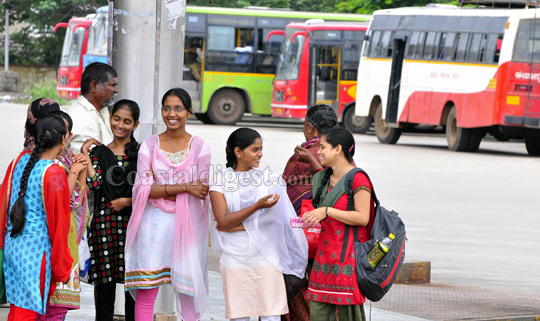
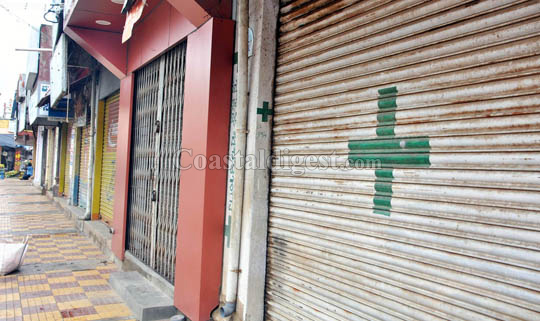
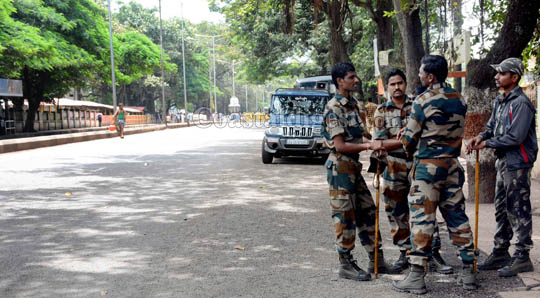
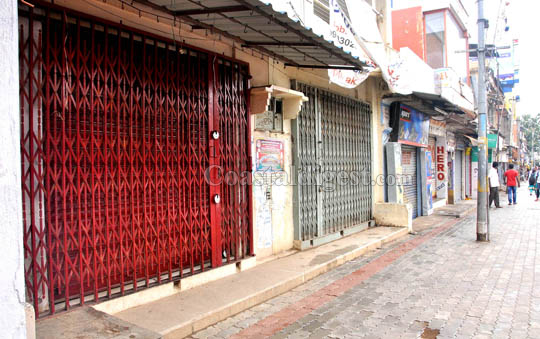




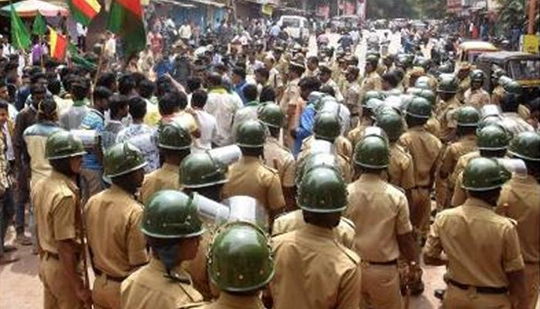


Comments
this bundh failed as mangalore did not observe any bundh.
Bengaluru Is Drowning From Floods and this people want our water. go to hell.
No bundh in Mangalore :)
Add new comment